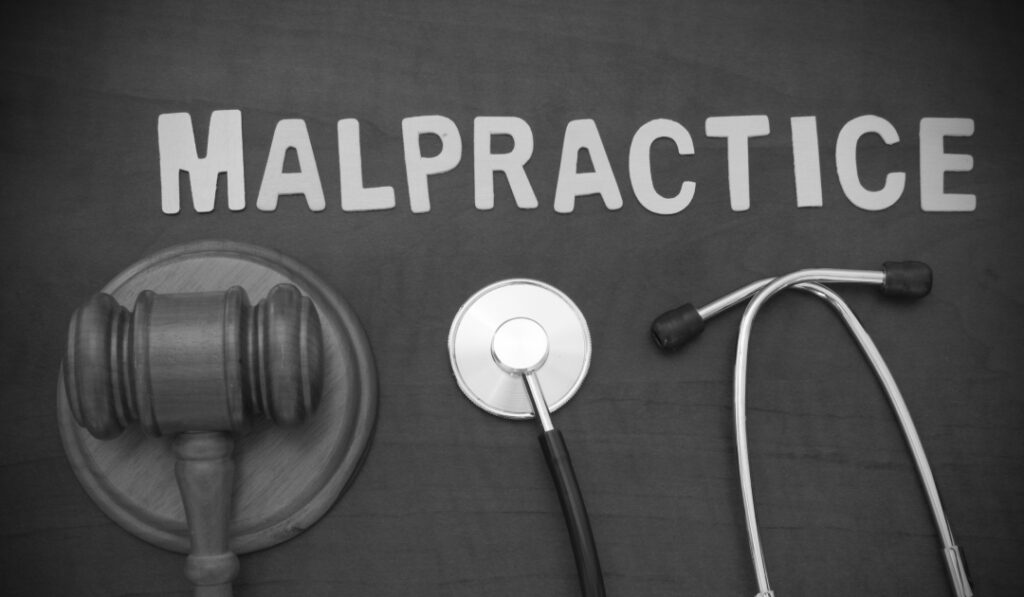At one point or another, nearly every Baltimore resident has likely endured a situation where they received bad customer service or were dissatisfied with a business. Fortunately, these occasions are often relatively minor in scope, as they do not involve physical harm to anyone.
This is not always the case, however, such as when a person receives poor care from a doctor or other medical professional. In these instances, the patient can not only wound up being dissatisfied, he or she can be injured by the medical professional’s poor care as well.
Whether the poor care will support a medical malpractice action depends on many factors. First off, it is important to recognize that not all mistakes made by doctors or bad outcomes in patient care will support a medical malpractice action. In order to be legally actionable, the doctor’s mistakes must rise constitute negligence, which is a legal standard that has a specific meaning.
Negligent care from a doctor means that the doctor deviated from the standard of care in treating the patient. This is an objective test that focuses on what a reasonable doctor would do under the same or similar circumstances. Accordingly, simply because another doctor may have made a different decision does not necessarily mean the first doctor was negligent, if the first doctor did not violate the standard of care.
There is often a fine line between negligent care and care that is not considered negligent. Other medical professionals often need to be involved in a malpractice case in order to explain this difference to a jury, as the average person frequently cannot distinguish between the two. It makes all the difference to show a doctor’s care was negligent, however, because compensation can then be provided to the injured patient after the doctor is held liable for the negligent care.



